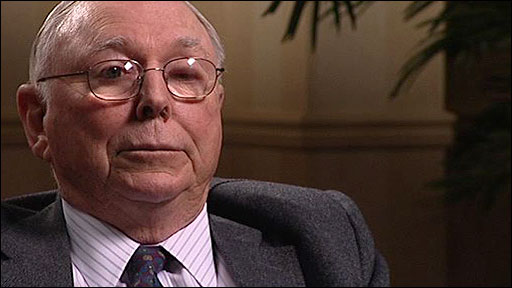
I recently read a speech that was given by Charlie Munger who, for those who don’t know, is Warren Buffet’s right hand man. If you don’t know who Warren Buffet is, then you have been hiding under a rock for the last 60+ years. The talk was titled, “A Lesson on Elementary, Worldly Wisdom As It Relates To Investment Management & Business” and a link to the speech can be found here.
It is a big of a lengthy read, but one of the most insightful articles into human thought I have read in quite some time. I highly recommend it.
A couple quick thoughts I have about the article…
His concept of mental models is fascinating. He refers to them as ultimately a framework of knowledge that has been collected from varying experiences in our lives. The models are stored and accessed periodically when making decisions and encountering situations. Munger mentions that it is important to have multiple models because otherwise if you rely on only a handful, you will form your idea to fit the model rather than drawing upon the correct model to fit the situation. I think it’s interesting when he mentions that “all the wisdom of the world is not to be found in one little academic department”. This struck me because I didn’t think in the big picture– it appears that the breadth is sometimes more important than the depth of knowledge you possess. This diversity ensures that you are adapting correctly to the given situation.
Munger also brings up an interesting concept for achieving worldly wisdom: always ask or tell “why”. He references Carl Braun’s approach that is called the five W’s—it was essential to always answer “who, what, where, when and why”. He stresses the importance of the “why” because it entices the other person to complete the desired action by getting them to understand the reasoning and will, in turn, find it to be more important to them.
One of my favorite concepts in the article talks about how you must know your own limits, strengths and weaknesses. Not one person will know absolutely everything and it’s important to know where you are weak and where you can succeed. This ensures that you are competing in an area where you have an advantage and have a chance at succeeding. Munger stated that, “If you play games where other people have the aptitudes and you don’t, you’re going to lose.” I think this is a very important concept to grasp because it is a crucial step in ensuring success.
Fantastic insights, check it out!


Great way of explaining. Oh, and I’ve found some great piece here concerning my presentation topic, which i am going to deliver in school in Sweden.